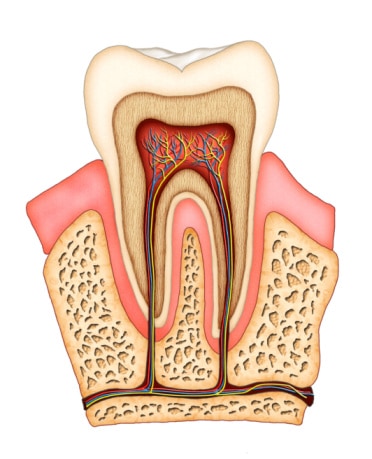
Tag: reno tooth decay
Getting To Know Your Tooth Enamel

Ninety-six percent of tooth enamel is composed of minerals, while the remaining percentage consists of water and organic material. The main mineral in enamel is hydroxylapatite which is also known as crystalline calcium phosphate.
The Role of Tooth Enamel
The main role of tooth enamel is to protect the soft layer of dentin. Enamel also serves as a hard surface for chewing, grinding, and crushing food.
Enamel is semi-translucent and porous. Eating dark foods and drinking dark beverages, such as red wines, coffee, or soda, can cause the enamel to discolor and stain. Smoking, age, and certain medications also cause tooth stains. A beautiful smile is a white smile, so if your teeth are stained, consider professional, safe teeth whitening prescribed by Dr. Wager and Dr. Evans.
Enamel Erosion
Even though enamel is the hardest substance in your body, it is susceptible to damage. The food you eat contains sugars and starches, and when these components mix with saliva, they form acid. The acid extracts minerals from tooth enamel, weakening it. Then bacteria invade and cause decay, or cavities. Acidic foods, like citrus fruits, tomatoes, and carbonated beverages, also erode tooth enamel. Your tooth enamel doesn’t remain soft forever. Saliva will remineralize and re-harden the enamel within 30 minutes to an hour after you stop eating and drinking. Continue reading “Getting To Know Your Tooth Enamel”
 Phone:
Phone: 






